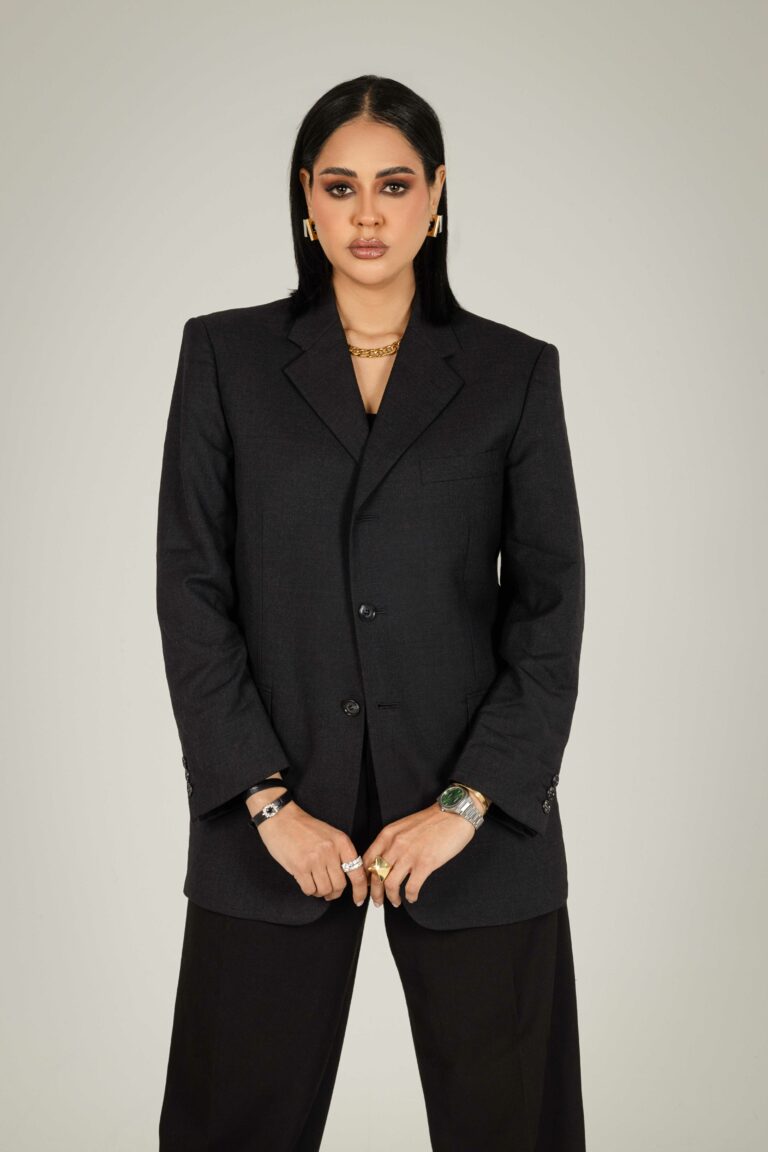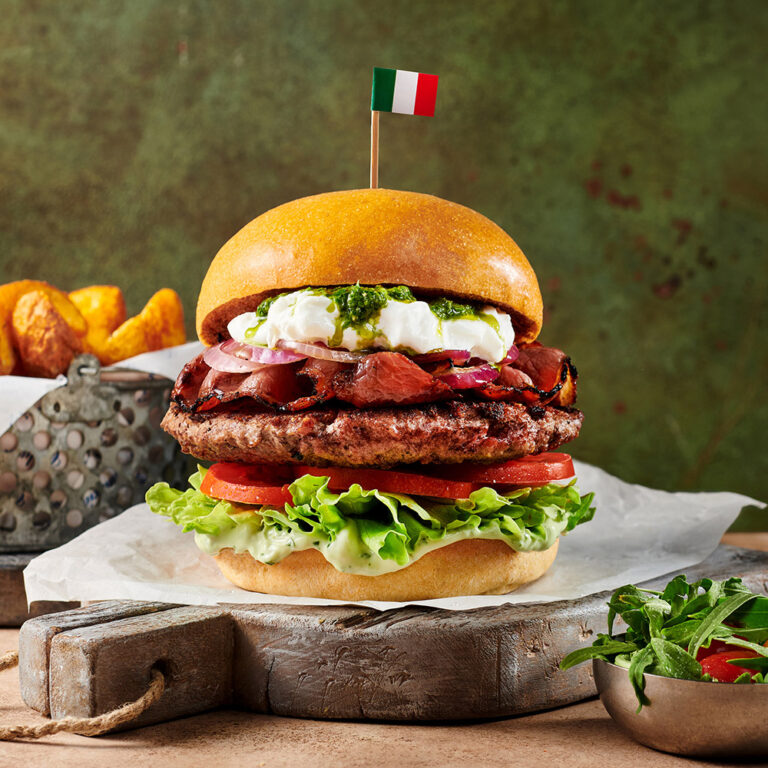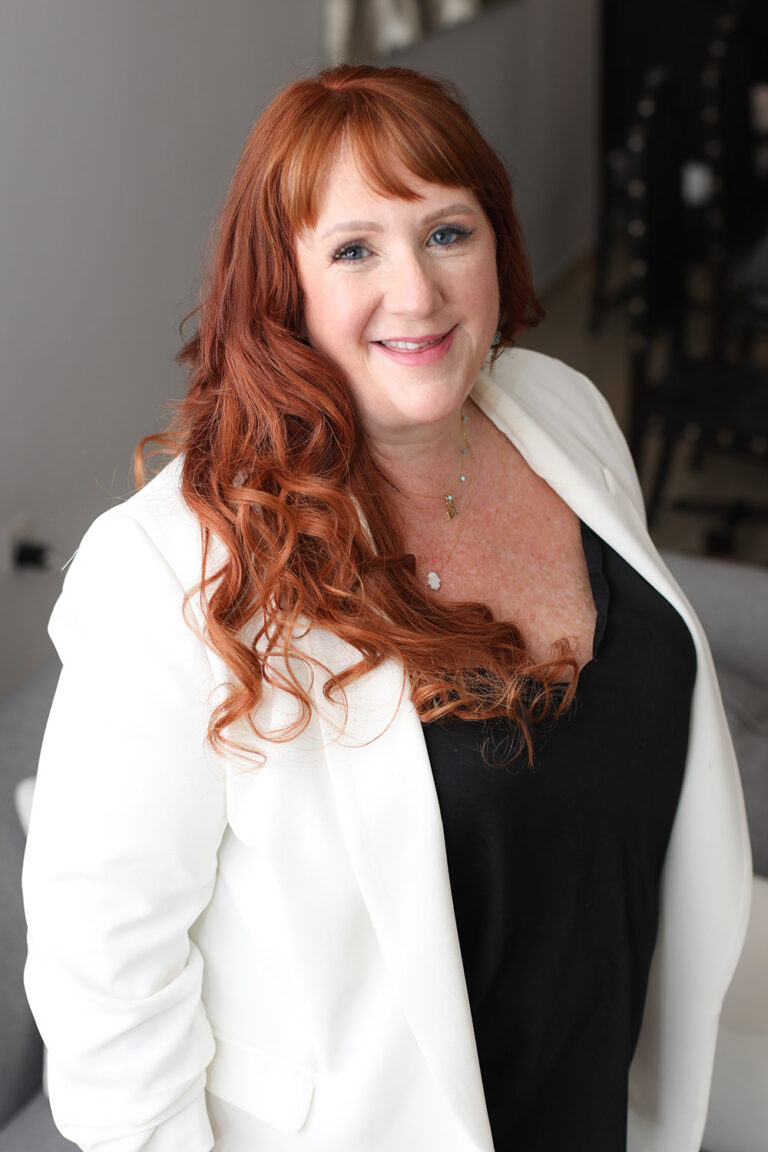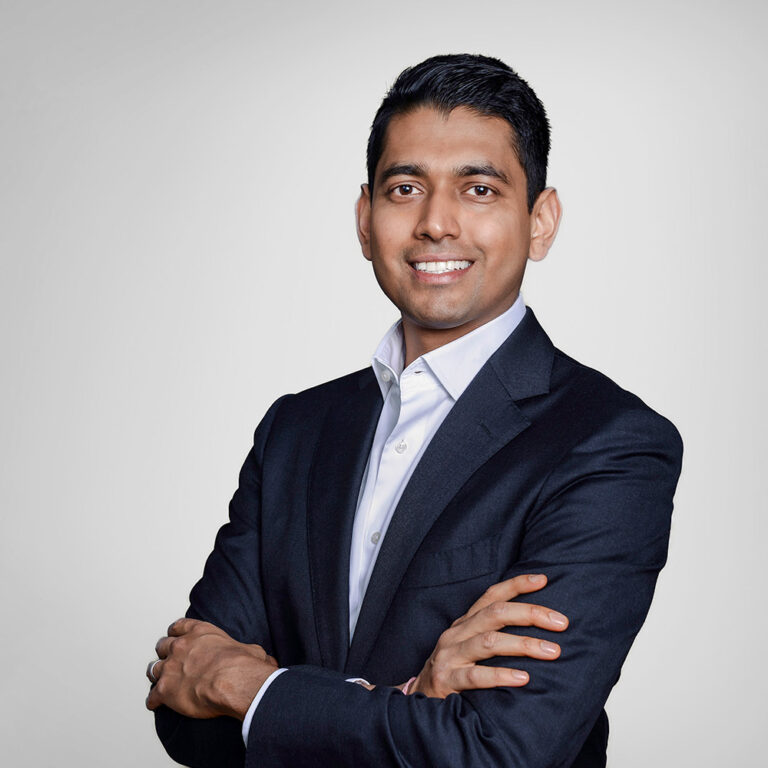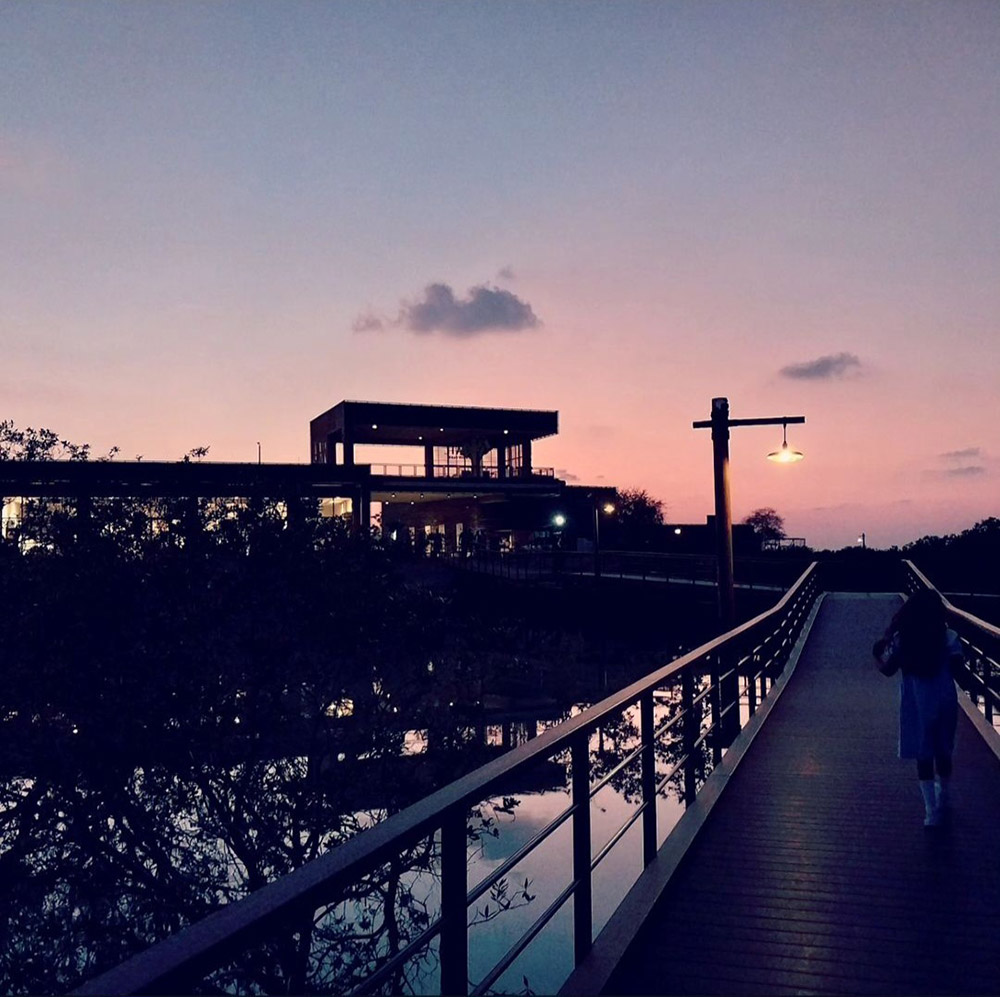
The dark side of social media
SALIM ESSAID

Before the pandemic and social distancing, distant socializing from behind our devices was already a fast growing phenomenon.
Social media has opened many doors of opportunity to improve society, yet many are concerned about the Pandora’s box it has also opened upon us.
“You just can’t quit, that’s why it’s the most dangerous prison in the world,” says 25-year-old Samy Chaffai, a Tunisian content creator who produced his first short movie “Prison of Numbers” to express this feeling.
The content creator of seven years built his one million Instagram following by sharing personal adventures that include his trademark love for cats, Spider-man, and cinematic film.
The self-identified introvert says he earns more income through his self-managed social media accounts than he would as an employee in Tunis, as brands pay him for product placement.
The journey has given him a livelihood and also the chance to develop his craft as a filmmaker, yet he says the constant use of social media has a deeper dark side.

Pursuing the impossible
Chaffai says people of his generation are beholden to whatever social media platforms demand.
“They are controlling our lives,” he says, as everyday users and influencers alike desperately struggle to discover the right formula for posting content to be seen by others. At first influencers only needed to post pictures regularly to reach that goal, says the YouTube performer who began his journey in 2014, then all of a sudden that changed.
“Now they are pushing people to make Reels, they are giving a lot of views for people who make Reels to compete with TikTok,” explains Chaffai.
“That’s why now if you post an IGTV video (Instagram’s version of long-form videos), it will not make as many views as when you make just a 30 second Reel.”
The catch is that what works today doesn’t work tomorrow according to Chaffai, and influencers have no choice but to chase the ever-changing formula to stay relevant.
“Instagram algorithms are making fun of us,” he says, “yet we earn money from it, so we just can’t quit.”
The growing trend
One of the first true social media sites began in 1997 with SixDegrees.com, which simply allowed users to create social profiles, connect with and message others to meet in person.
More than 20 years later, we rely on social platforms to apply for jobs, video chat with family members, and mass disseminate urgent information from our governments within seconds.
To an extent, social platforms are integrated into every facet of our daily lives today.
This is the only reality that some people know. Those from Generation Z, born between 1997 and 2012, and younger have not lived in a world disconnected from social platforms.
Slightly more than half the world uses social technology according to HootSuite’s Digital 2021 report, which states that about 16 new people started using social media every second last year.
This number is already outdated as a surge of first-time users joined in early 2021.
The report states that the average person spends about 2.5 hours on social media, and that is predicted to grow as the penetration and usefulness of the medium expands.
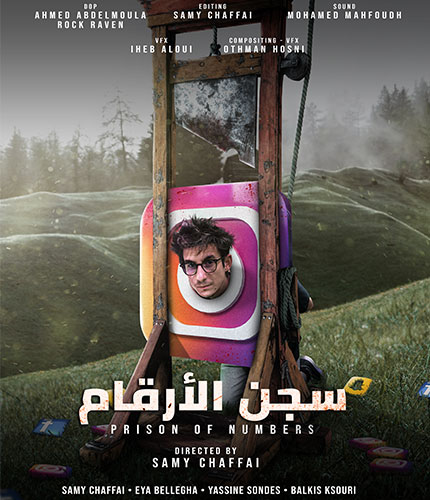
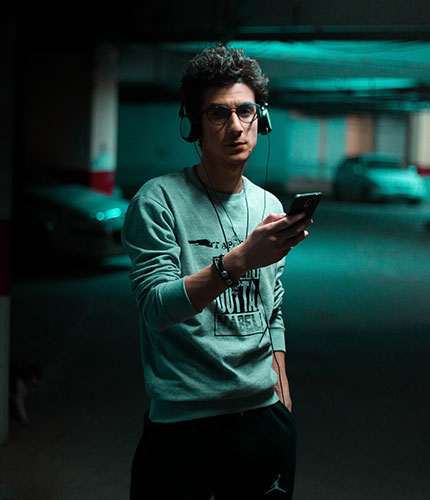
Surviving social media
With the increased adoption of social media among youth, so have the cases of cyberbullying.
The UN states that in 2019, more than a third of young people between the ages of 13 to 24 were victims of online harassment and violence in a poll taken from 30 countries.
The majority of them cited the most common environments for cyberbullying were everyday social platforms such as Facebook, Instagram, Snapchat, and Twitter.
This is an issue that the UN says tends to be minimized or ignored.
The world organization states that if cyberbullying is left unaddressed, the stress can have a significant impact on the mental and physical health of millions of youth worldwide.
Despite this, cyberbullying in many countries is not only tolerated – but celebrated.
“We have a lot of people here in Tunisia, they are promoting bullying people on TikTok,” says Chaffai, yet their assaults are masked with humor and are used as a gimmick to get more attention and the online community rewards them for it.
“You insult someone on social media and then say something like, ‘hey I was joking.’ And later we (society) give a platform to that same person who insulted, to be on a talk show.”
For these types of social media users and others, Chaffai says their days are numbered.
The influencer with a coveted ‘1M’ digitally imprinted on his Instagram profile says he earned a steady following that stemmed from YouTube when he began creating content.
The young cinematographer believes that just as quickly as he earned his fans, they can also be lost.
“It’s not a sustainable thing. I’m not keeping everything on Instagram or YouTube,” says the filmmaker, who hosts events and encourages his followers to see his work in theaters.
According to Chaffai, the key to sticking around as an influencer is taking your impact outside of virtual platforms and into the real world to achieve a lasting impression with your community.

#thevictormagazine #victormagazine #fashion #fashionmagazine #magazine #art #lifestyle #dubailife #influncerlife #blackfashion #culture #victor #UAE #dubai #instagram #influencer #influencers #socialmedia #social #beauty #antiaging
By Author

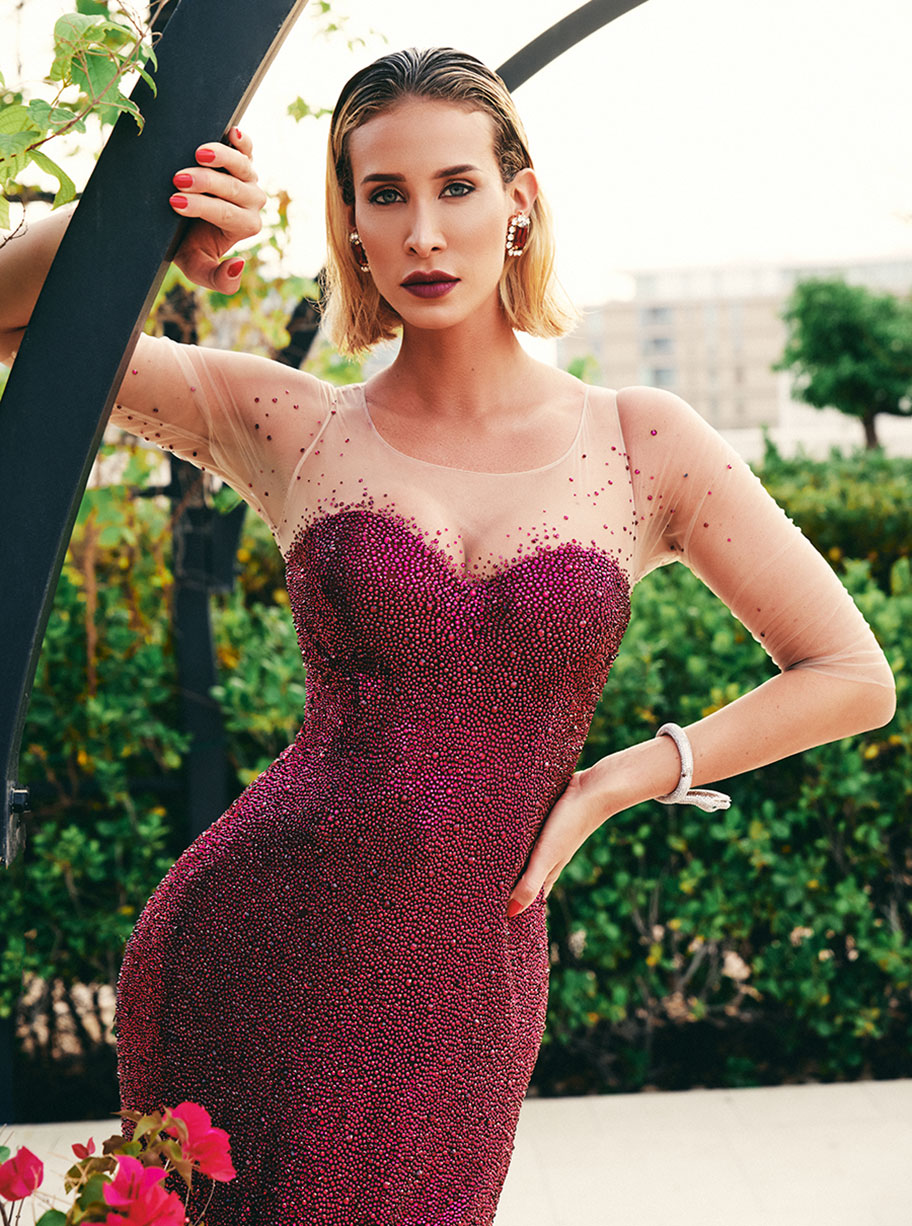
Stella Manente reveals her designer secret and more

Italy’s Princess Bee shares her journey leading up to Dubai’s Expo 2020
no related post found

MESMERIZE: Where Artistry and Innovation Unite in a Ballet of Elegance

“Flowers are our favorite F word!”

Indulging in Love and Flavor at Playa: A Valentine’s Day Delight

MESMERIZE: Where Artistry and Innovation Unite in a Ballet of Elegance

“Flowers are our favorite F word!”

Indulging in Love and Flavor at Playa: A Valentine’s Day Delight







